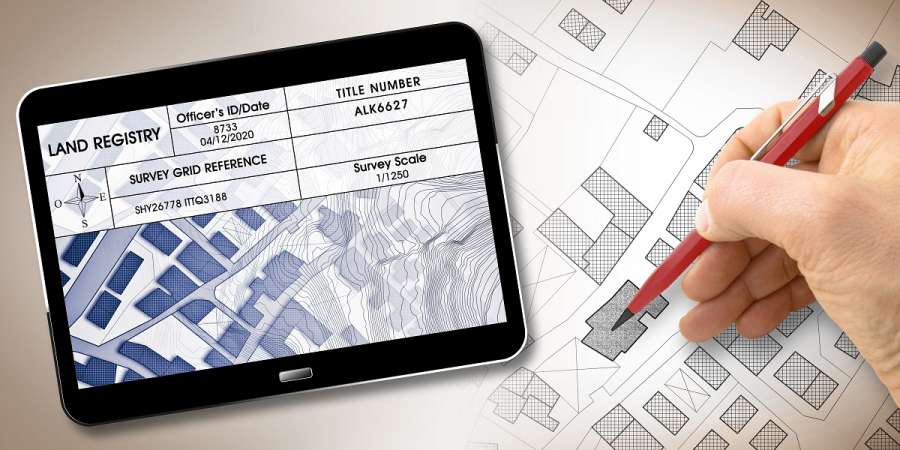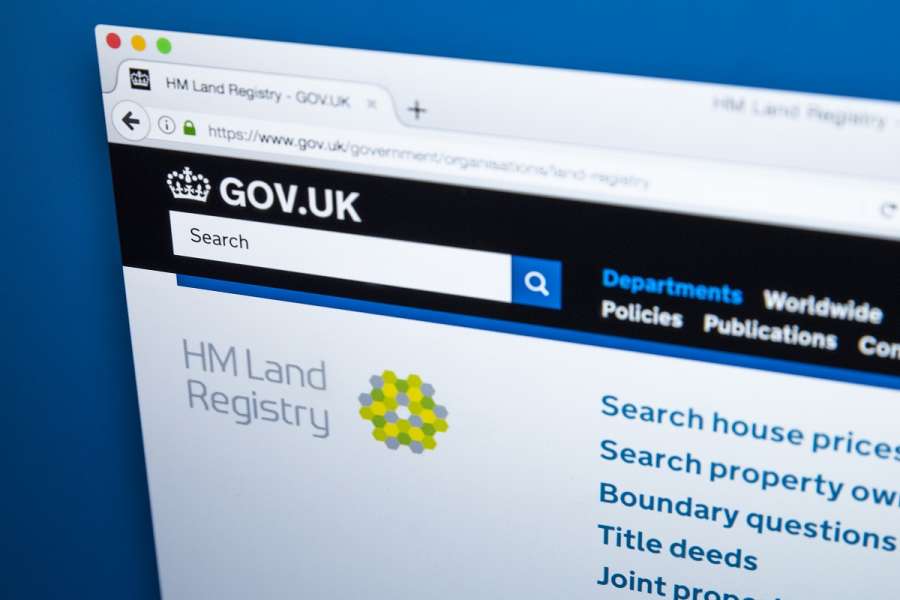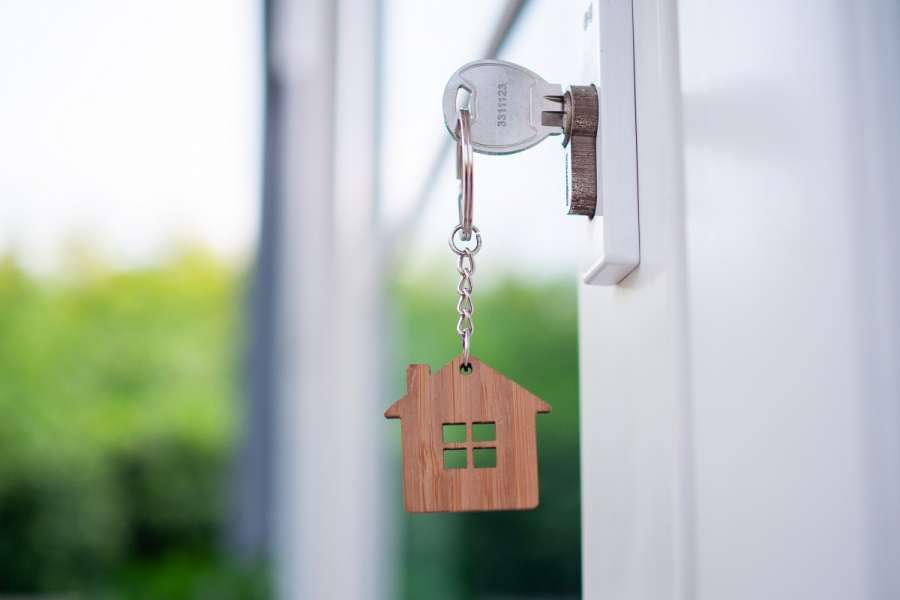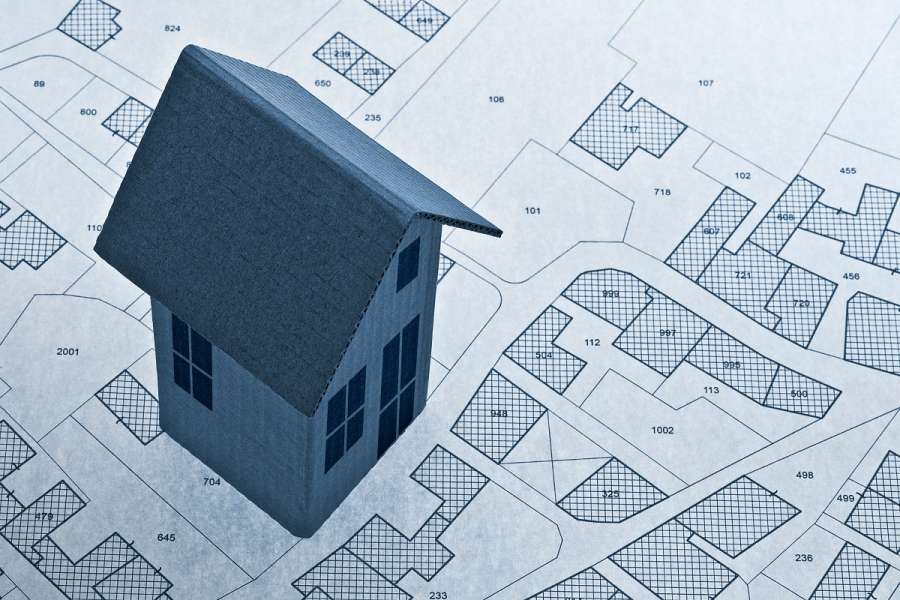Voluntary first registration is to voluntarily register your residential property for the first time at HM Land Registry.
Registration of your property at the Land Registry is the official recording of your property ownership with the Land Registry's Land Register, which is the official ownership list for property in England and Wales.
Historically, all land in England and Wales was unregistered. However, the Land Registration Act 1925 introduced compulsory registration of land with the Land Registry.
The Land Registration Act 1925 was phased until 1990 when any trigger events to a property, such as a sale or mortgage, sparked a first registration.
The Land Registry aims to achieve 'comprehensive registration' by 2030, that is, for most of the land in England and Wales to be registered.
The Land Registry acknowledges that there will always be some land where the owners are difficult to identify, which is why it aims to achieve 'comprehensive' rather than 'total' registration.
Nevertheless, this is an ambitious goal and, therefore, is heavily reliant upon voluntary first registrations.





